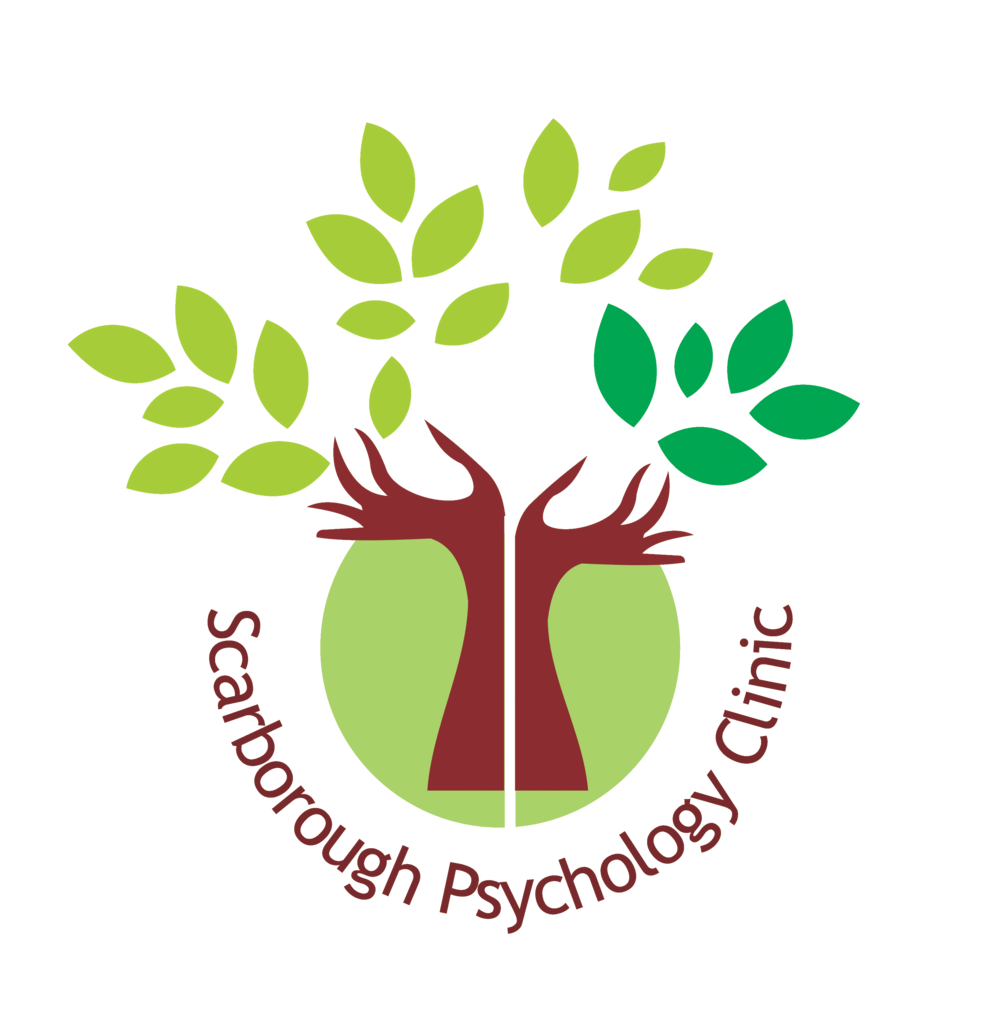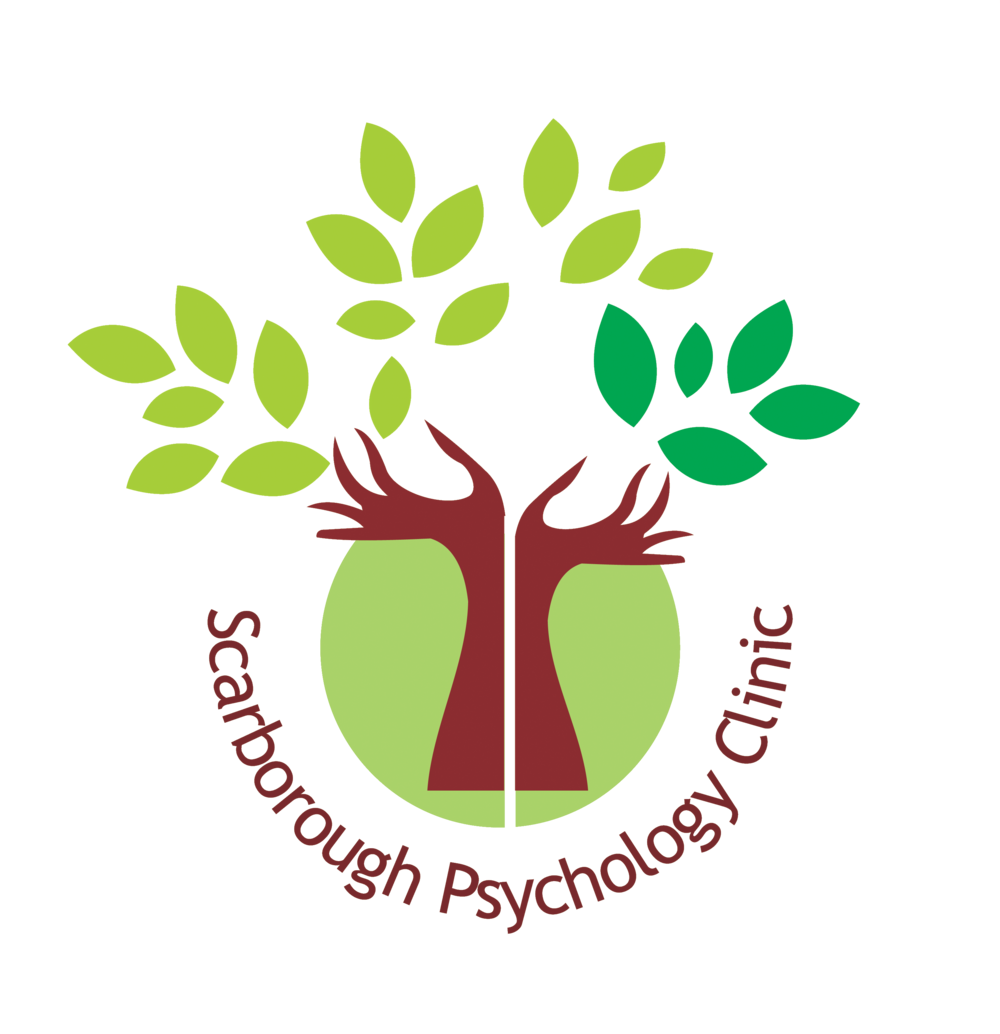“No need to feel guilt and shame for your eating habits anymore.
Don’t let the number on a scale own you.”

Are you thinking continuously about food, eating, or weight?
Are you avoiding meals in front of others?
Are you refusing to eat certain foods, such as carbs or fats?
Are you so dissatisfied with your body that it interferes with your daily activities?
How we feel about our physical body and appearance is essential. Our perceptions, beliefs, and attitudes toward our bodies can impact our mental and physical health. We can experience unhelpful thoughts related to our body image at times and this can disrupt our eating behaviours.
We may ruminate about food, avoid or restrict food intake, or eat more than our body needs. Unfortunately, we are constantly bombarded with messages about the “perfect body” through the media and these messages can cause us to choose unhealthy behaviors and attitudes toward food and eating. Abnormal eating habits can then have a negative impact on our health.
There are three common eating disorders:
- Anorexia Nervosa
- Bulimia Nervosa
- Binge-Eating Disorder
ANOREXIA NERVOSA
In Anorexia Nervosa, we experience an unhealthy perception of our body shape or weight. As a result, we may restrict energy intake through foods, experience intense fear of gaining weight or becoming fat, and behave in ways that interfere with weight gain.
The weight loss can be maintained by dieting, fasting, excessive exercising, or self-induced vomiting and/or misuse of laxatives. As a result, our body weight may become significantly lower than what is normal for our age, sex, and developmental stage in life. We may not even recognize the seriousness of the low body weight. This can lead to deterioration of physical health and, in extreme cases, even death.
BULIMIA NERVOSA
Bulimia Nervosa is characterized by binge eating behaviors followed by purging behaviors. Binging is when we eat an excessive amount of food within a short period of time. This amount is larger than most individuals would eat in a similar period and under similar circumstances. We experience a lack of control over our eating during this time. After eating, we may perform compensatory behaviors to prevent weight gain.
These behaviours may include:
- self-induced vomiting
- misuse of laxatives, diuretics, or other medications
- fasting
- excessive exercise
BINGE EATING DISORDER
Binge Eating is characterized by eating an excessive amount of food in a short period of time. This amount is larger than most individuals would eat in a similar period and under similar circumstances. We experience a lack of control over our eating during this time. The following may also occur:
- eating more rapidly than normal
- feeling uncomfortably full after eating
- eating a large amount of food even when not feeling hungry
- feeling embarrassed about food intake
- eating alone to avoid shame
- the feeling of disgust and/or guilt after eating
TREATMENT OF EATING DISORDERS
Psychotherapy is extremely important when treating eating disorders. Although Cognitive Behavioural Therapy (CBT) is one of the most common therapies employed to treat eating disorders, Mindfulness-Based Interventions have also been found to be effective in helping people with eating disorders. Generally, your Psychologist/Clinician will individualize a treatment plan which also addresses past issues of trauma, shame, and poor self-esteem.

